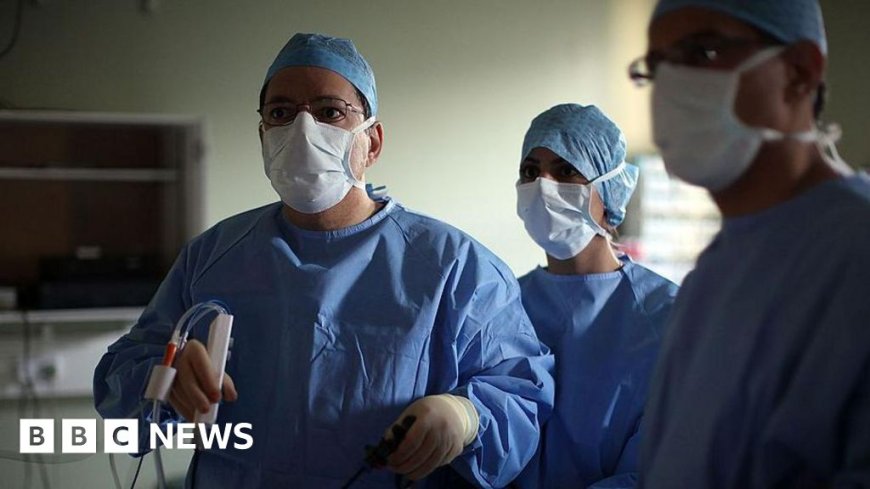Government to Scrap Hundreds of NHS Oversight Bodies
The UK government has announced plans to abolish over 200 organizations responsible for overseeing and running parts of the NHS in England. This includes bodies like Healthwatch England and the National Guardian's Office. The move aims to simplify the system and prioritize action over bureaucracy. Changes are part of Labour's upcoming 10-year health strategy.

Hundreds of bodies responsible for overseeing and running parts of the NHS in England will be scrapped, the government has said. The organisations to be abolished include Healthwatch England, which advocates on behalf of patients, and the National Guardian's Office, which supports whistleblowers. Health Secretary Wes Streeting said the current system was too complex and the NHS needed 'more doers and fewer checkers'. The changes are being made as part of Labour's 10-year health strategy set to be published next week.
In total 201 organisations will be scrapped, including bodies set up by the last Conservative government to develop health plans for their local areas. The decision comes after Prime Minister Sir Keir Starmer announced in March that NHS England, the administrative body responsible for the day-to-day management of the health service, would be axed and the system brought under closer government control.
Ministers said there were more than 150 bodies responsible for regulating or assessing healthcare services in England, and they risked overwhelming staff with 'uncoordinated' guidance. Health secretary Wes Streeting said the changes aim to hold a megaphone up to patients' lips and force the service to listen to their feedback. Patients will be encouraged to make greater use of the NHS smartphone app to leave personal feedback on the care they receive.
Under the new strategy, the NHS will also trial a scheme linking the money a hospital receives directly to the quality of care it provides. Patients will be asked to review their treatment and, if a low rating is given, a proportion of that funding could be diverted to a regionally-held NHS improvement fund rather than paid to the hospital itself. The government said the scheme would only be introduced where there had been a track record of very poor service and evidence that patients were not being listened to.
The NHS Confederation warned it would have to be carefully designed to stop hospitals being penalised for issues beyond their immediate control such as difficulties recruiting staff and the poor state of some hospital buildings.
What's Your Reaction?
 Like
0
Like
0
 Dislike
0
Dislike
0
 Love
0
Love
0
 Funny
0
Funny
0
 Angry
0
Angry
0
 Sad
0
Sad
0
 Wow
0
Wow
0



















































































































































